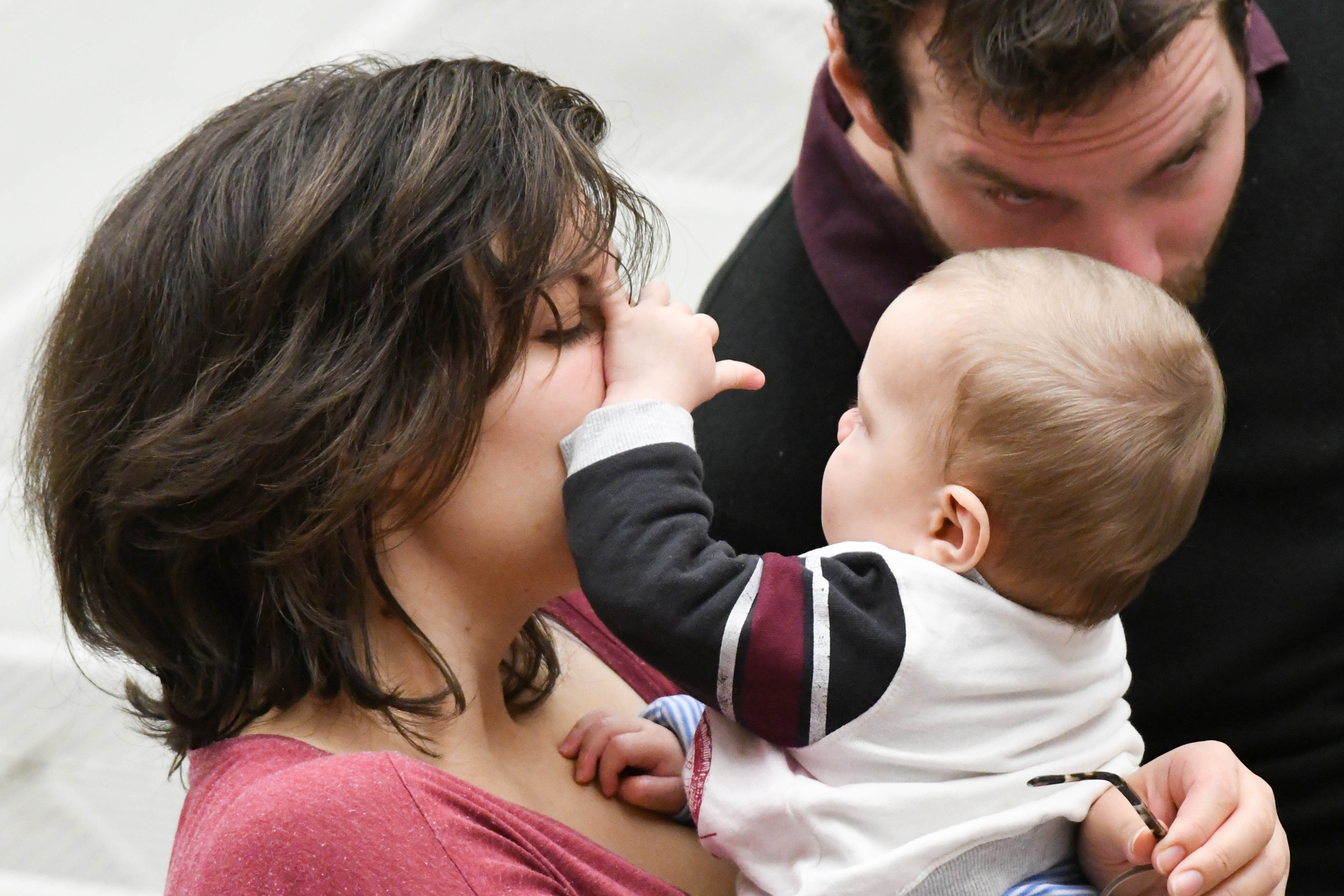EUROSTAT
The statistical office of the European Union released the latest data on births and fertility rate, signalling 1.59 births per woman in 2017, a further decrease compared to 2016. Fertility rate is higher in Northern Europe. Record-breaking number of “adolescent mothers” in Central and Eastern Europe.

Figures released by Eurostat reconfirm widespread concerns: Europe is ageing and at an increasingly greater pace, while births are decreasing more and more. The latest Eurostat data depicts a known picture: in 2017, 5.075 million babies were born in the European Union (EU), compared with 5.148 million in 2016, the year with the lowest number of births in the decade 2006-2016.
France leads the way. According to the fertility indicator – i.e. the number of children who would be born to a woman during her lifetime – the EU stood at 1.59 births per woman in 2017, compared to 1.60 in 2016. The highest fertility indicator was recorded in France (1.90 births per woman), followed by Sweden (1.78), Ireland, (1.77), Denmark (1.75) and the United Kingdom (1.74). Malta ranks last in the list with 1.26 births per woman, preceded by Spain, (1.31), Cyprus (1.32), Greece (1.35), Portugal (1.38) and Luxembourg (1.39). Italy is well below the average alongside with Cyprus, standing at 1.32.

Extremely young and less young mothers… In addition to having less children, mothers have their first child at a more “adult” age. In fact the mean age of women who had their first child has increased. Women who gave birth to their first child in 2017 were 29.1 years old compared to 28.7 in 2013. Youngest first time mothers gave birth in Bulgaria, Romania and Latvia (26 to 27 years-old); the oldest were found in Ireland, Greece, Spain, Luxembourg (between 30 and 31 years). The highest mean age for the first childbirth was recorded in Italy (31.1 years). Almost 5% of births of first children in the EU in 2017 were to women aged less than 20, so-called “teenage mothers”. In Romania and Bulgaria, respectively 13.9 and 13.8% of first children were born to mothers less than 20 years old; many young mothers gave birth to their first child also in Hungary (9.9%), Slovakia (9.5%), Latvia (6.7%) and the United Kingdom (6.1%). Figures are relatively lower in Denmark (1.5%), Italy and Slovenia (respectively 1.6%), in The Netherlands (1.7%), Luxembourg (1.9%) and Sweden (2.0%). In contrast, 3% of first births were to women aged 40 and over. In this respect the highest proportions were registered in Spain (7.4% of total births) and Italy (7.3%), followed by Greece (5.6%), Luxembourg (4.9%), Ireland (4.8%) and Portugal (4.3%).
Higher numbers of brothers and sisters in Finland. Of over 5 million births in the EU in 2017 45% were first children, 36% were second children, while births of third children accounted for 12.5% of the total. Fourth or subsequent children accounted for 6.0%. Across the EU Member States, the highest share of mothers giving birth to their fourth or subsequent children was recorded in Finland (10.3%), followed by Ireland (9.0%), the United Kingdom (8.8%), Slovakia (8.1%), and Belgium (8.0%).